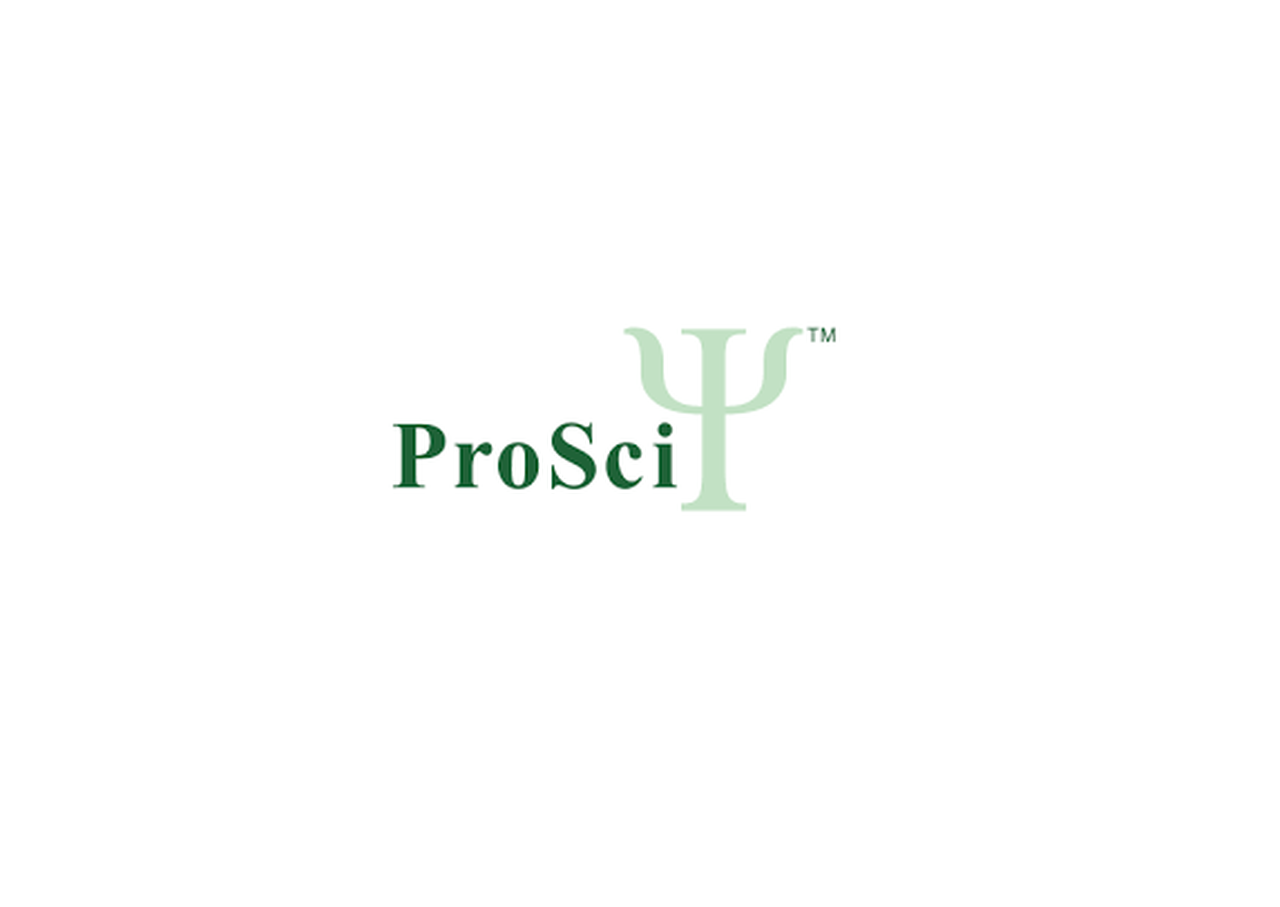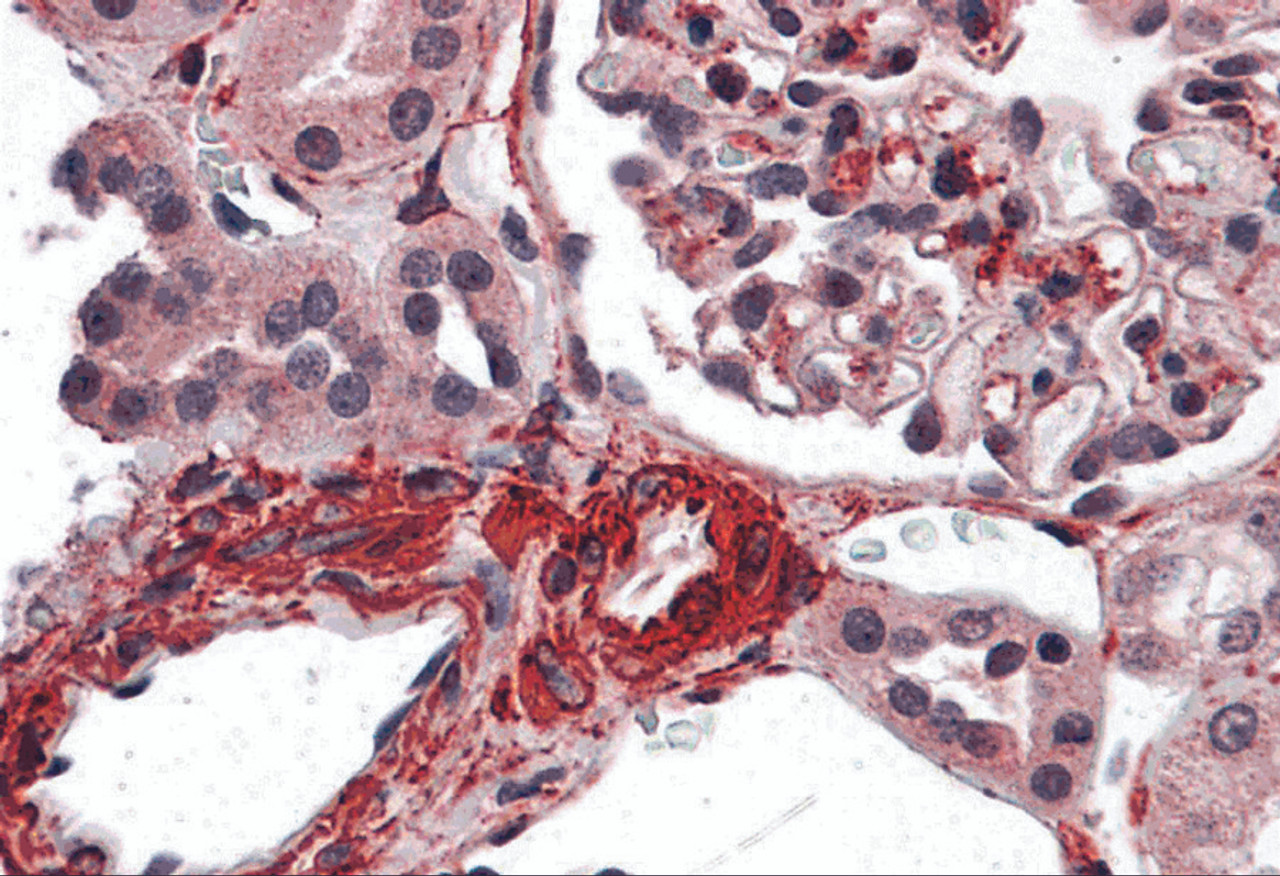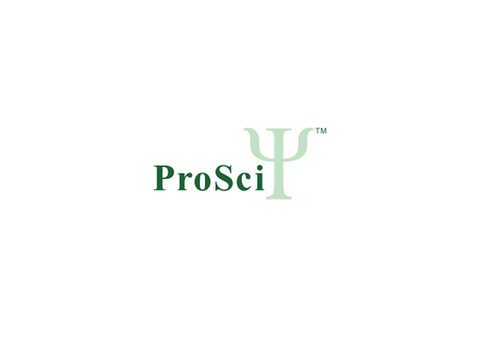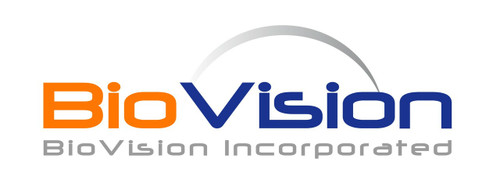Product Description
CARMA3 Antibody | 3193 | ProSci
Host: Rabbit
Reactivity: Human
Homology: Predicted species reactivity based on immunogen sequence: Mouse: (81%)
Immunogen: CARMA3 antibody was raised against a 16 amino acid synthetic peptide near the amino terminus of human CARMA3.
The immunogen is located within the first 50 amino acids of CARMA3.
Research Area: Apoptosis
Tested Application: E, IHC-P
Application: CARMA3 antibody can be used for detection of CARMA3 by immunohistochemistry at 5 μg/mL.
Antibody validated: Immunohistochemistry in human samples. All other applications and species not yet tested.
Specificiy: CARMA3 antibody is human specific. At least three isoforms of CARMA3 are known to exist; this antibody will only detect isoform 1. CARMA3 antibody is predicted not to cross-react with other CARMA proteins.
Positive Control 1: Cat. No. 10-401 - Human Kidney Tissue Slide
Positive Control 2: N/A
Positive Control 3: N/A
Positive Control 4: N/A
Positive Control 5: N/A
Positive Control 6: N/A
Molecular Weight: N/A
Validation: N/A
Isoform: N/A
Purification: CARMA3 Antibody is affinity chromatography purified via peptide column.
Clonality: Polyclonal
Clone: N/A
Isotype: IgG
Conjugate: Unconjugated
Physical State: Liquid
Buffer: CARMA3 Antibody is supplied in PBS containing 0.02% sodium azide.
Concentration: 1 mg/mL
Storage Condition: CARMA3 antibody can be stored at 4˚C for three months and -20˚C, stable for up to one year. As with all antibodies care should be taken to avoid repeated freeze thaw cycles. Antibodies should not be exposed to prolonged high temperatures.
Alternate Name: CARMA3 Antibody: BIMP1, CARMA3, Caspase recruitment domain-containing protein 10, CARD-containing MAGUK protein 3, Carma 3
User Note: Optimal dilutions for each application to be determined by the researcher.
BACKGROUND: CARMA3 Antibody: CARMA proteins belong to the membrane-associated guanylate kinase-like (MAGUK) family of proteins that can function as molecular scaffolds that assist assembly of signal transduction molecules. CARMA1, CARMA2, and CARMA3 share high degrees of sequence and functional homology, but their tissue-specific distribution suggests that they serve distinct biological functions in different cell types. As with CARMA1, the CARD domain of CARMA3 has been shown to specifically interact with BCL10, a protein known to function as a positive regulator of cell apoptosis and NF-κB activation. When expressed in cells, this protein binds to BCL10 and activates NF-κB Recent experiments have shown that CARMA3 is required for EGF-induced NF-κB activation and contributes to tumor growth in vivo, suggesting that CARMA3 may serve as a new therapeutic target for the treatment of EGFR-driven tumors.
 Euro
Euro
 USD
USD
 British Pound
British Pound
 NULL
NULL














